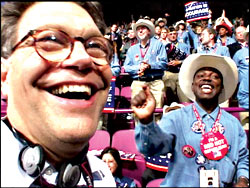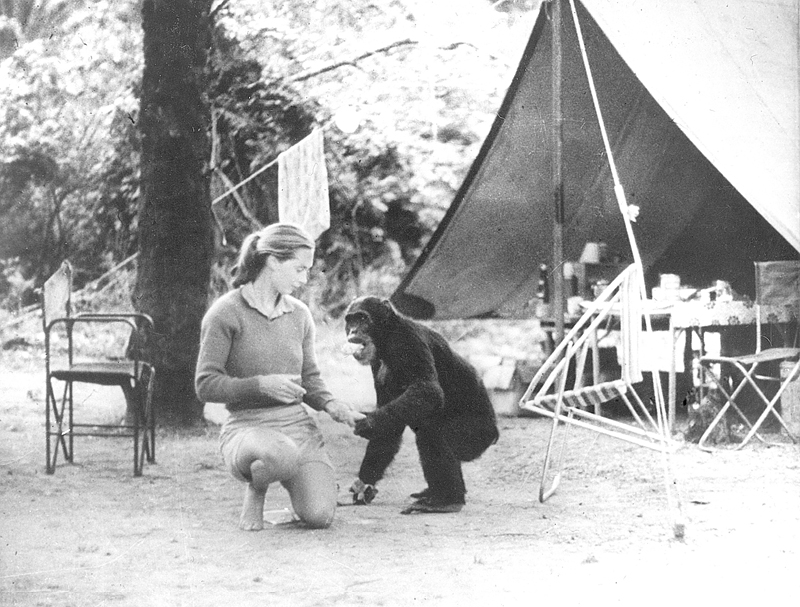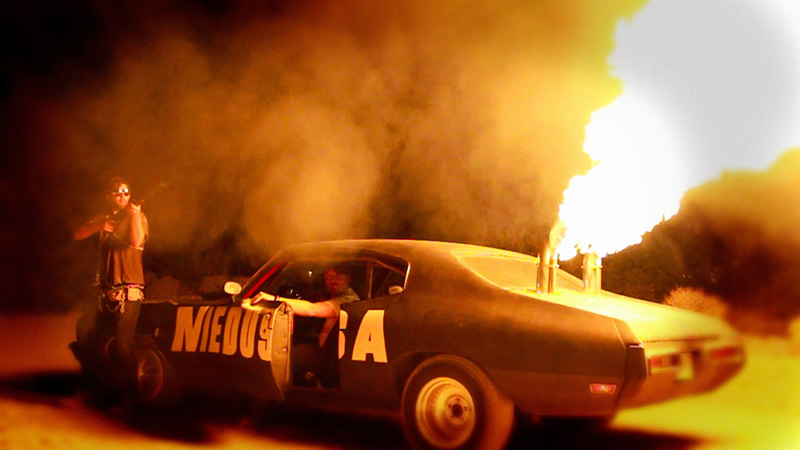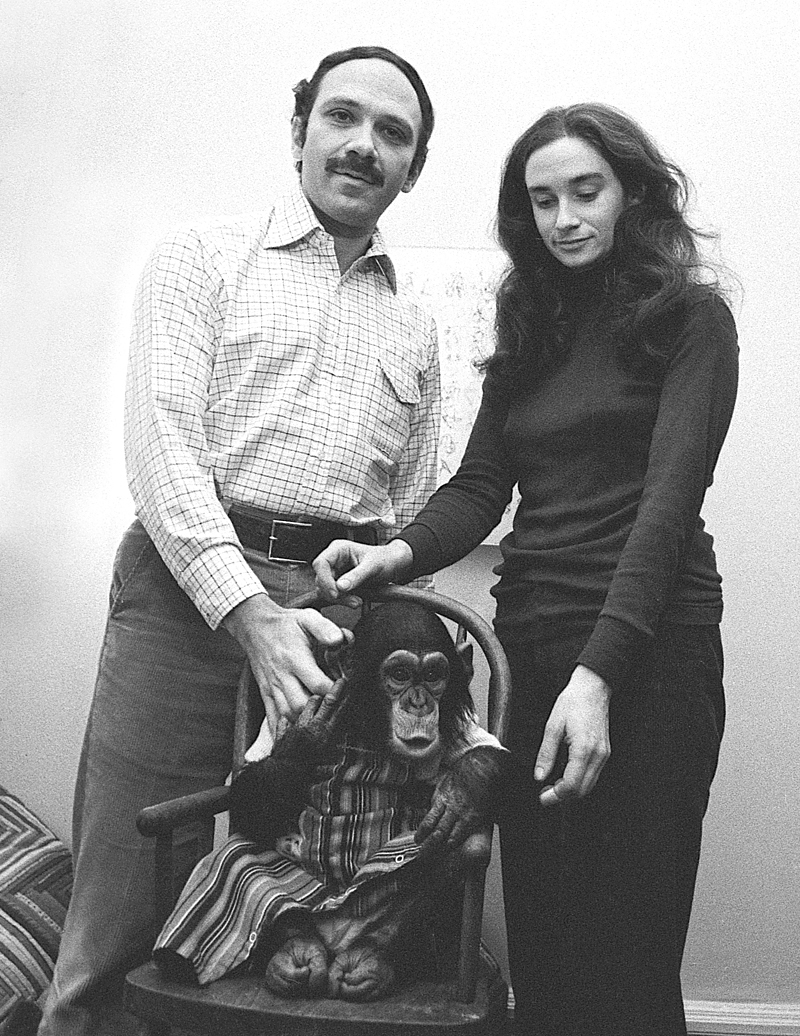We caught up with the star of Al Franken: God Spoke—that’s the comedian, not the deity—prior to its screening at the recent Full Frame Documentary Film Festival in Durham, N.C. Seattle’s favorite Air America host, SNL veteran, and author of Lies and the Lying Liars Who Tell Them was greeted by a rowdy crowd—perhaps because alcoholic beverages were freely allowed in the auditorium—in an atmosphere that felt like a rock concert. Or maybe a campaign rally, especially when he delivered this applause line: “I’m thinking of running in 2008 against Norm Coleman.” Would he really challenge that Republican senator as the “only New York Jew in the [Senate] race who grew up in Minnesota”? Here are some of his other thoughts on the state of contemporary politics and humor.
Seattle Weekly: OK—let’s not beat around the Bush. Does anyone really want another comedian in office?
Al Franken: Well, I think there’s a difference between being inadvertently funny and being actually funny. Maybe [voters] wouldn’t mind having someone who had real training in comedy. I actually think that satirists sometimes crystallize ideas and concepts and issues more clearly than politicians do.
Don’t you think most people—liberals as well as conservatives—are a little tired of celebrities inserting themselves into political debates and political races?
Well, the Republicans didn’t complain when Schwarzenegger jumped in. And his [prior] experience was limited to taking steroids and lifting weights. I’ll admit I’m probably not appreciative enough of the art of sculpting your body.
Aw, don’t sell yourself short.
I think I come at it from a different place [from where Schwarzenegger does]. I had a very different career than he did or Reagan did or any of these guys did. I’ve had a way more serious career [laughs]. I’ve always done political satire. So the subject matter is something I’ve always been thinking and writing about in one way or another. When I did Saturday Night Live, we did political stuff. And then when I left the show, I felt like, “Well, now I can write about what I believe.” That was when the Gingrich revolution was ascendant. That was when I wrote Rush Limbaugh Is a Big Fat Idiot and Other Observations.
Because your view of politics is grounded in satire, is there an even greater risk of your platform being too reactive in that stereotypically liberal way? Can reacting to right-wing nonsense have the effect of reinforcing right-wing power, of allowing them to keep the serve?
People are going to be so sick of [Republicans] by ’08—they already are, really—that a campaign is going to have to include a critique of the last eight years. It’d be crazy not to include that. But it’ll also have to include a vision going forward—the vision that we have.
What is that vision?
It’s the vision of a more just society in all respects—certainly in economic respects. There was a report out in The New York Times recently . . . about how much the wealthiest Americans have benefited from the latest tax cut. And simple things like the living wage. Fair-trade deals. Health care for everyone. Investment in our schools. Using science again [laughs]. Addressing the real problem, which is global warming. Pension reform, making sure that people have safe retirements. Addressing the stupid bankruptcy stuff. Establishing a foreign policy where we respect the views of other countries—where we make ourselves more secure by doing that.
Here we are at a documentary festival. Do you think these films have an impact in real political terms? Or are they just preaching to the converted?
I think it’s both—just like the [Air America] show. It’s OK to preach to the choir: You give people information that they can use in the real world. I just saw a documentary called My Country, My Country. It’s about a Sunni Muslim family in Baghdad; it takes place over the course of eight months, right around the time of the [2005] elections. I think it’s a really important film for any American to watch, because you see through the eyes of Iraqi people and you get to know them well. The film is very moving, very emotional. With documentaries, it’s maybe not about converting—it’s about contributing to empathy and understanding.








